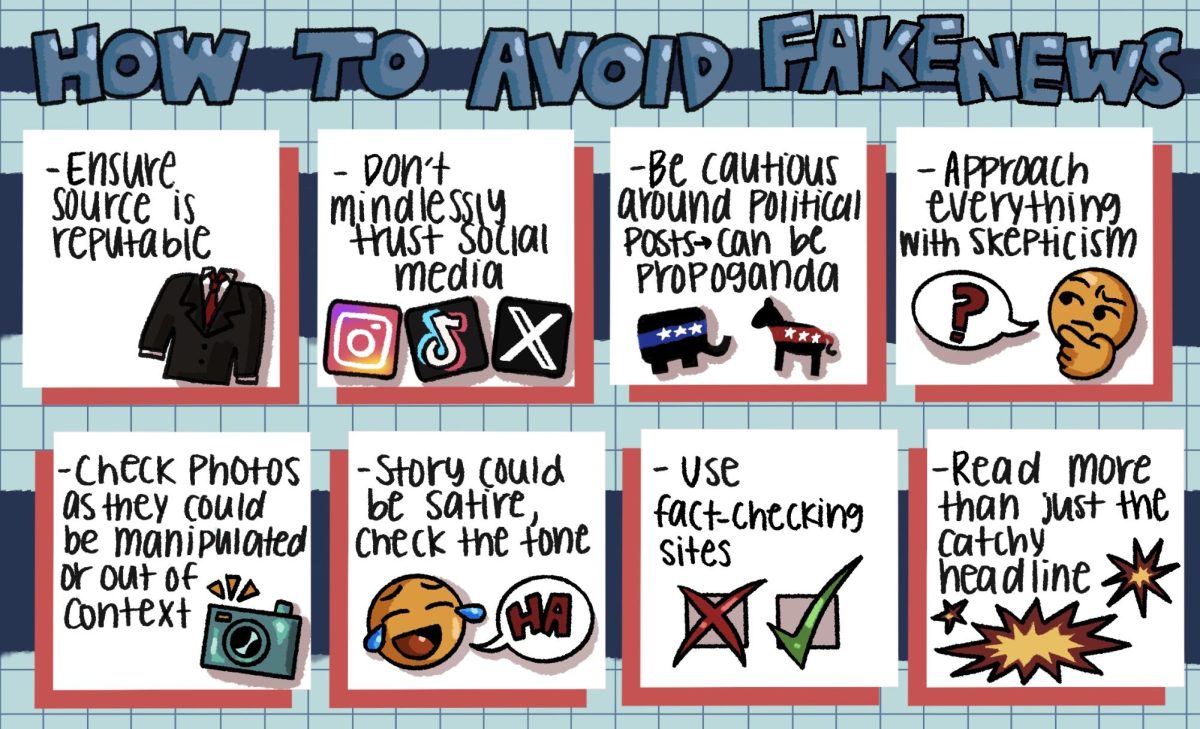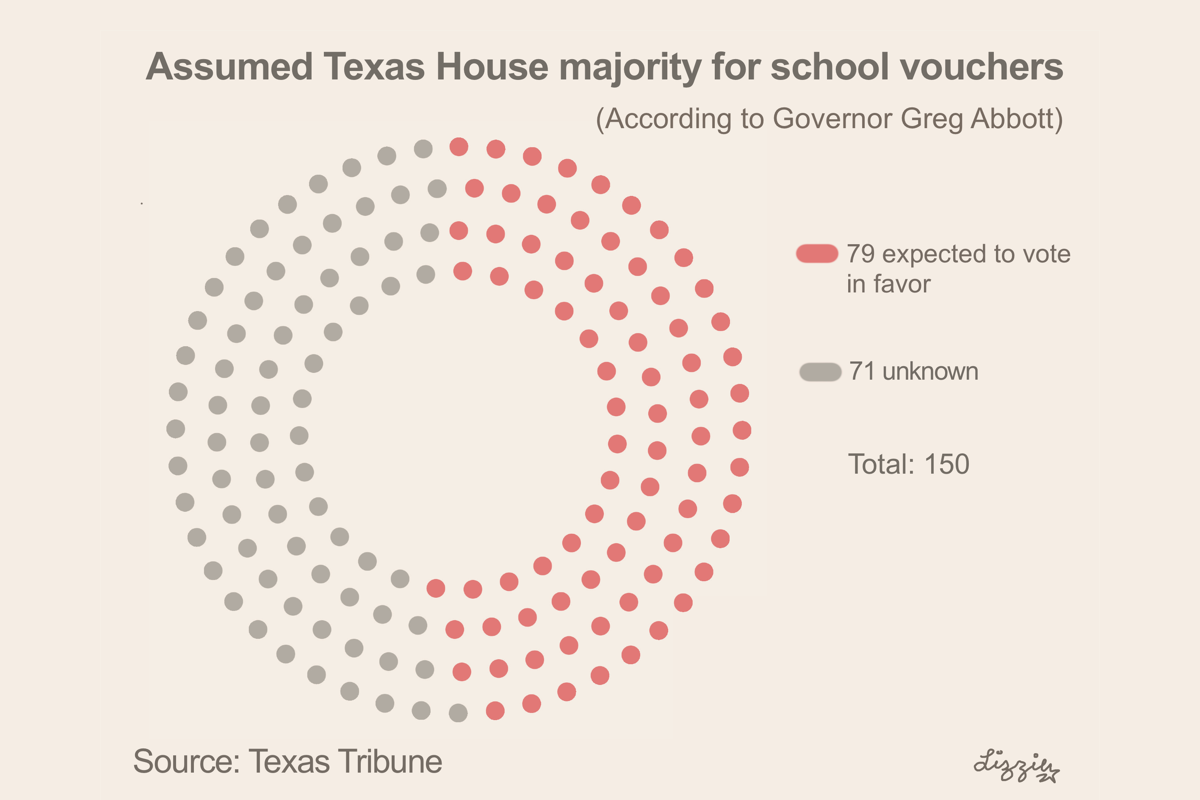Chris Cummins
Staff Writer
With the midterm elections fast approaching, the Republican Party seems poised to win the House and at least make sizable gains in the Senate. The force of the Tea Party seems to not have been ameliorated by the weight of time at all, with far right candidates such as Christine O’Donnell gaining the nomination, and similarly pushing their Democratic opposition to the right, as well. However, what’s important is whether they can come up with something meaningful in terms of legislation, and not fall prey to the sort of obstructionism so rampant in Congress: they have to show something in return for all those protest votes.
One salient campaign promise, repeated endlessly, is the repeal of the much debated health care bill.
The Patient Protection and Affordable Care act, pejoratively known to its detractors as Obamacare, has generated none of the votes nor mass swelling of voter support President Obama promised his supporters. Rather, it has done exactly what its critics have said it would do: create mass discontent and anger. Helped and encouraged by the Tea Party, resentment towards the health care bill has been surprisingly consistent, found in all but the most reliably liberal redoubts of the Democratic Party. House Minority Leader John Boehner has been among those most strident in their declamation of the bill, with encouraging results, but a campaign promise, even one so easily dropped on the election trail as this one, has to be fulfilled, in some way or another.
If an outright appeal is not possible, as senior Republicans have admitted, then an obstruction of enactment of some if not all of the bill’s component parts seems to be the most likely route in which the Republicans will choose to fulfill their often repeated repeal. As Republicans across the country trumpet their as yet unrealized victory and more sage heads within the GOP know that to hold onto significant portions of Congress for the better part of a decade, progress, or what at least looks like progress, must be made.
To that end, John Boehner has made at least some half hearted attempts at legislation, hinting on numerous Sunday morning talk shows that he would not be averse to passing an extension of the Bush era tax cuts by an Obama administration, even if the tax cuts for the rich were not included. A good political move in its own right, it serves to give Boehner a place of political refuge if between 2010 and 2012 the Republicans fall prey to the same sort of political gridlock they have so effectively leveled against the once invincible Obama machine.
However, the less sound minds within the Republican Party look to have destroyed, or at least attempted to destroy, Boehner’s shrewd political move. Senate minority leader Mitch McConnell fired back shortly after Boehner floated the idea, reiterating the GOP’s promise to block the Obama administration’s attempt at a vote on the Bush era tax cuts, declaring that an affirmative vote would only be forthcoming if the cuts were extended to both rich and middle class.
Despite this pandering to the Republican faithful, Boehner looks shrewd enough to understand that these same voters will be reliably pulling the same lever in the voting booth no matter what happens, time after time. It’s the Tea Party faithful, the disillusioned independents and wayward Democrat’s, who really matter. If they don’t see progress, their party affiliation will switch back as fast as they came, and the Republicans will be in deeper trouble than they were two years ago.








